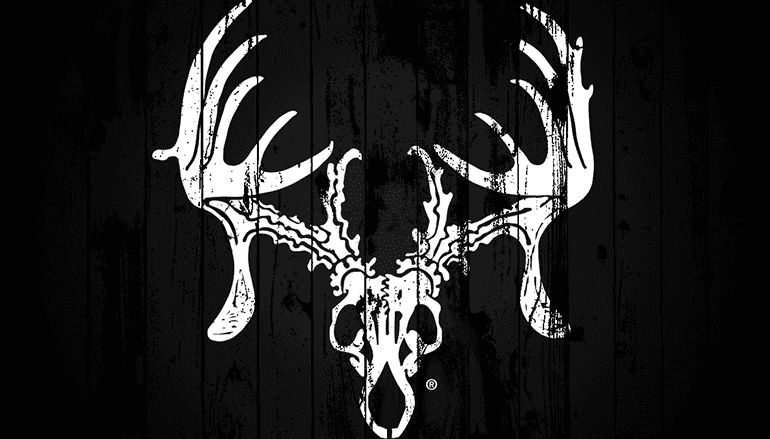
USFWS Distributes $1.1 Billion to State Wildlife Agencies
The keystone of annual funding for state wildlife agencies was put into place on March 6, 2016 with the U.S. Fish and Wildlife Service’s distribution of $1.1 billion in revenues generated by the Pittman-Robertson Wildlife Restoration and Dingell-Johnson Sport Fish Restoration acts. The funding, which supports critical state environmental conservation and recreation projects throughout the nation, derives from excise taxes paid by the hunting, boating and angling industries on firearms, bows and ammunition (Pittman-Robertson), and sportfishing tackle, some boat engines and small engine fuel (Dingell-Johnson).
“State wildlife agencies play an essential role in the conservation of America’s wildlife, while also generating billions of dollars for the nation’s economy through increased hunting and fishing opportunities. It’s fitting that those very sporting activities help sustain wildlife, their habitats and the agencies that manage them,” said Service Director Dan Ashe. “Our role in administering these funds reflects our long-standing partnership with the states across a broad spectrum of wildlife conservation issues.”
The funding was announced by Bob Curry, Deputy Assistant Director of the Service’s Wildlife and Sport Fish Restoration (WSFR) program, at the 2016 Bassmaster Classic; an established fishing tournament now in its 46th year and a major gathering for the fishing industry. This year’s event took place at the Grand Lake O’ the Cherokees, a site that has benefited from Dingell-Johnson funds.
Pittman-Robertson and Dingell-Johnson act funds are administered by the Service’s WSFR program. To date the program has distributed more than $18 billion for state conservation and recreation projects. The recipient state fish and wildlife agencies have matched these funds with more than $5 billion over the years, primarily through hunting and fishing license revenues.
“The Wildlife and Sport Fish Restoration program has been providing critical conservation funding to State Fish and Wildlife Agencies for decades,” said Dave Chanda, Association of Fish and Wildlife Agencies President and New Jersey Division of Fish and Wildlife Director. “WSFR funds complement and enhance millions of dollars contributed to State Fish and Wildlife Agencies from the sale of hunting and fishing licenses. Working with the U.S. Fish and Wildlife Service to administer this grant program, WSFR and agency license monies provide a stable funding source for conservation activities during periods of fiscal and economic uncertainty.”
Current Pittman-Robertson Dingell-Johnson funded projects include:
• The Arkansas Game and Fish Commission (AGFC) is renovating 11 wildlife management areas to help create and restore more than 1,300 acres of waterfowl habitat. Restoration efforts include replacing and upgrading pumps and pipeline for increased water management ability; and establishing multiple moist-soil units in the wildlife management area.
• The North Carolina Wildlife Resources Commission (NCWRC) is partnering with North Carolina State University to study black bear populations near Asheville, NC. The study tracks the movement of the bears and determines the corridors they are likely to use in urban environments. When completed, the studies will provide scientific information for species management decisions in urban areas.
• The Texas Parks and Wildlife Department (TPWD) will use its aquatic education grant to recruit, train, and retain a network of at least 500 volunteers. These volunteers will teach aquatic education programs that are expected to benefit approximately 35,000 Texan anglers and angling novices.
“We are proud to support our state wildlife conservation agencies,” said Hannibal Bolton, Assistant Director of the Service’s WSFR program. “Funding from the Pittman Robertson-Dingell-Johnson program will help states protect and conserve our nation’s environmental legacy for generations to come.”
Texas will receive $32,144,324 for wildlife restoration and $18,053,855 for sport fish restoration, which totals $50,198,179. Click here for the state-by-state listing of the Service’s final apportionment of Wildlife Restoration Funds and Sport Fish Restoration funds for Fiscal Year 2016.



